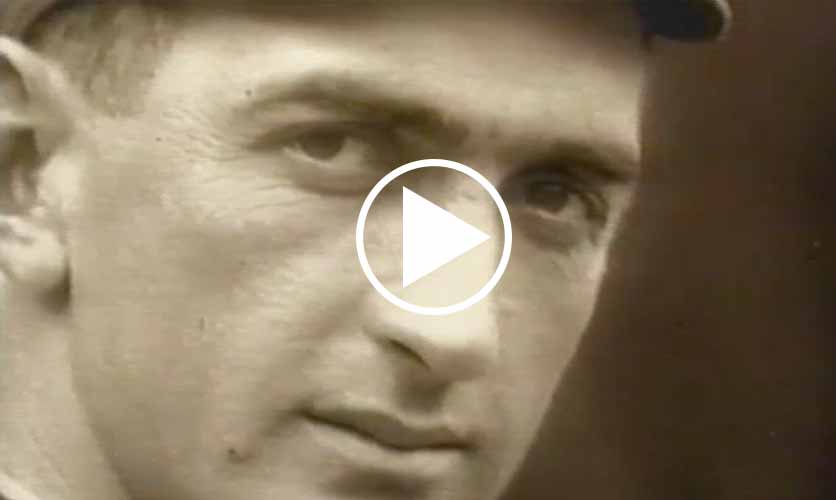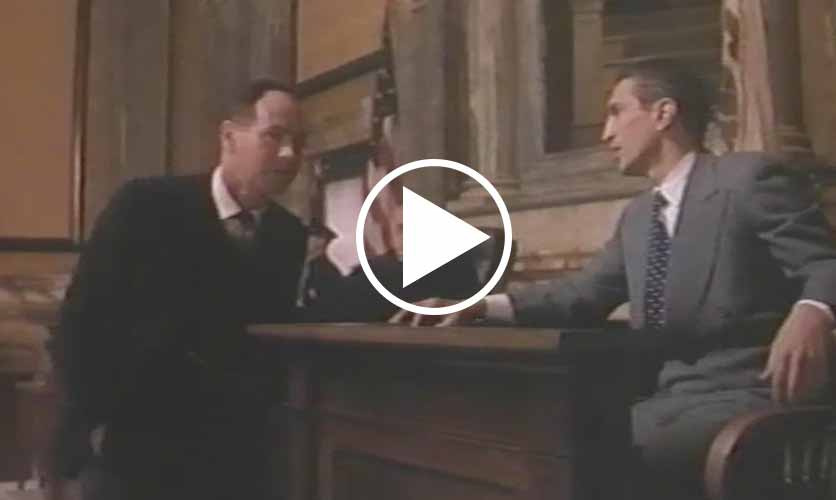Black Sox Trial (1921)

It was almost unthinkable: players throwing the World Series? Yet, that's what happened--or maybe didn't happen--in the fall of 1919.
The players on the Charles Comiskey's 1919 Chicago White Sox team were a fractious lot. The club was divided into two "gangs" of players, each with practically nothing to say to the other. Together they formed the best team in baseball--perhaps one of the best teams that ever played the game, yet they--like all ball players of the time--were paid a fraction of what they were worth. Because of baseball's reserve clause, any player who refused to accept a contract was prohibited from playing baseball on any other professional team. The White Sox owner paid two of his greatest stars, outfielder "Shoeless" Joe Jackson and third baseman Buck Weaver, only $6000 a year. Comiskey has been labeled the tyrant and tightwad whose penurious practices made his players especially willing to sell their baseball souls for money, but in fact Comiskey was probably no worse than most owners--in fact, Chicago had the highest team payroll in 1919. In the era of the reserve clause, gamblers could find players on lots of teams looking for extra cash...."Continued


